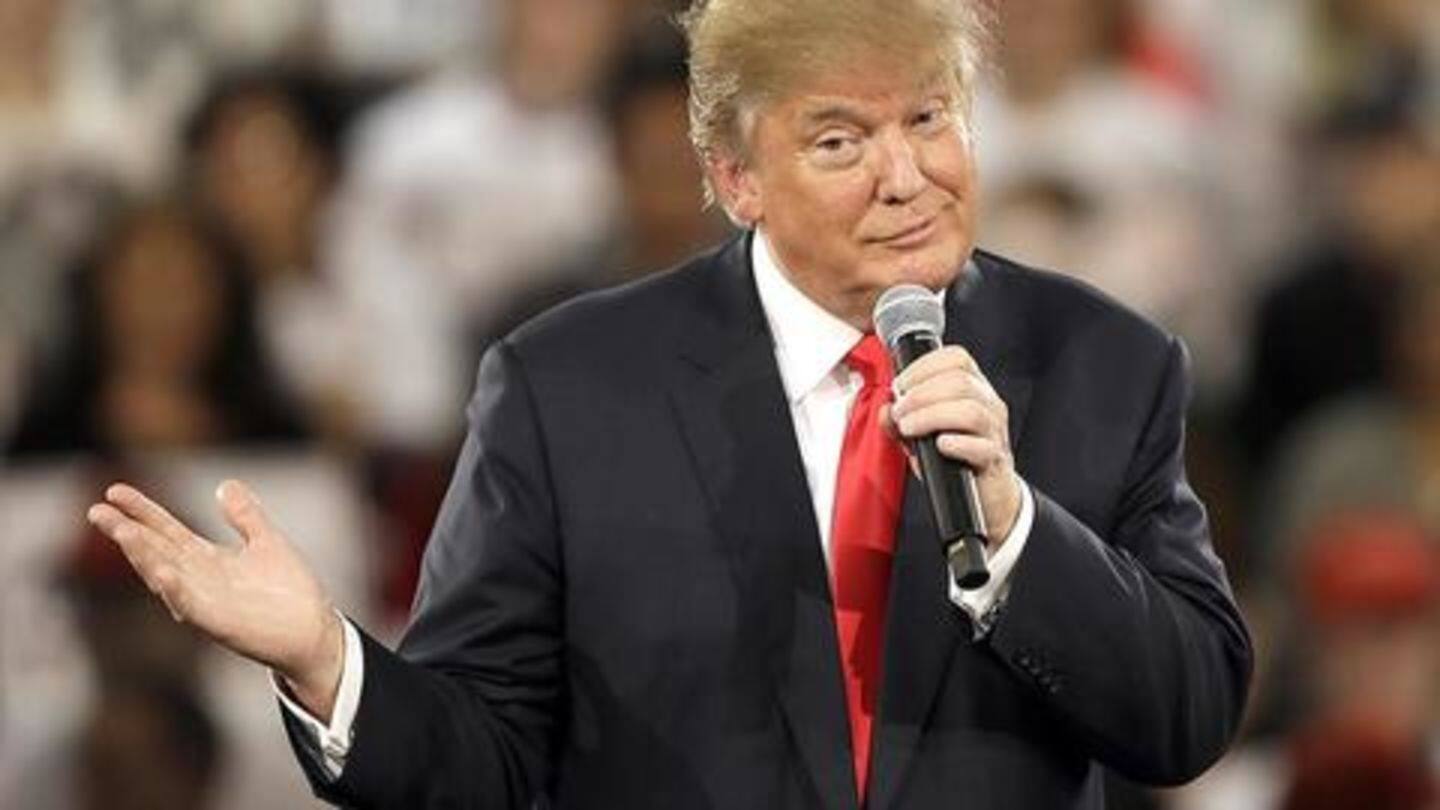
Trump signs bill on Tibet into law despite China protest
What's the story
US President Donald Trump has signed a bipartisan bill on Tibet into law that could enrage China, paving the way to impose a visa ban on Chinese officials who deny American citizens, government officials and journalists access to the sensitive Himalayan region, the homeland of the exiled Dalai Lama.
US citizens who seek to enter Tibetan areas are routinely rejected, the officials said.
Creating troubles
Tibetan-Americans always denied the right to visit their ancestral land
The officials said that who do get in are forced to stay on strictly controlled official tours, where the true situation of the Tibetan people is hidden from them.
The situation is worst of all for Tibetan-Americans, who are almost and always denied the right to make a pilgrimage to their ancestral land and to meet their family members there, community members said.
Claims
China insists Tibet is part of its territory for centuries
Yesterday's move by Trump came days after China lodged a "stern" diplomatic protest with the US over the Senate passing the legislation with Beijing asking Washington not to make it a law.
China insists Tibet has been part of its territory for centuries.
The Dalai Lama fled to India in 1959 amid an abortive uprising against the Chinese rule in his Himalayan homeland.
The bill
Bill to impose visa ban on Chinese officials denying access
The White House said that Trump signed into law the 'Reciprocal Access to Tibet Act of 2018' which promotes access for diplomats, officials, journalists and others from the United States to China's Tibetan areas.
The bill seeks to impose a visa ban on Chinese officials who deny American citizens, officials or journalists' access to the remote region of Tibet.
Details
The bill also includes a national security waiver
The move also comes amid Trump administration imposing massive trade import duties on China, the world's second largest after that of America.
However, the bill includes a national security waiver and would require the Secretary of State to submit an assessment to Congress of the level of access to Tibet granted to US officials, journalists, and tourists by China.
Gratitude
Hailing decision, Tibetan community described it as historic moment
Following the assessment, if the Secretary of State determines that there are restrictions on travel to Tibet, the appropriate Chinese officials will be ineligible to enter the US.
The Tibetan community described it as a historic moment for them.
'Reciprocal Access to Tibet Act becomes law, marking a new era of American support for Tibet', said International Campaign for Tibet (ICT).
Statement
Chinese government will face consequences for its discrimination: ICT President
"This is truly a turning point for Americans, Tibetans and all who care about equality, justice, and human rights," said Matteo Mecacci, ICT president.
"By passing this impactful and innovative law, the US has blazed a path for other countries to follow and let the Chinese government know that it will face real consequences for its discrimination against the Tibetan people," he said.
Jim's statement
'For too long, China covered up human-rights violation in Tibet'
Congressman Jim McGovern, who introduced the bill in the House of Representatives, said, "I'm glad that the President signed our bill, the Reciprocal Access to Tibet Act, into law.
"For too long, China has covered up their human rights violations in Tibet by restricting travel. Today we are one step closer to holding the Chinese officials who implement these restrictions accountable," he said.
RAT Act
RAT Act is based on the diplomatic principle of reciprocity
The Reciprocal Access to Tibet Act (RAT) is based on the diplomatic principle of reciprocity, which calls on countries to give equal rights to one another's citizens.
Sponsors of the bill alleged that when it comes to Tibet, China does not reciprocate.
Although Chinese citizens travel freely throughout the US, Chinese authorities severely restrict Americans' ability to access Tibet.
Quote
Tibetan-Americans subjected to discriminatory attitude by Chinese officials: ICT
"The RAT Act specifically highlights the discriminatory attitude of Chinese officials toward Tibetan-Americans who seek to visit Tibet. This includes subjecting them to vigorous interviews by United Front officials, collecting personal and family information and eventually denying access," ICT VP Bhuchung K Tsering said.
Process
The law requires Secretary of State to send assessment-reports annually
The new Tibet law requires the Secretary of State to assess Americans' level of access to Tibet within 90 days of its enactment and to send a report to Congress every year afterward identifying the Chinese officials responsible for keeping Americans out of Tibet.
The Secretary will then ban those officials from receiving visas to enter the US.